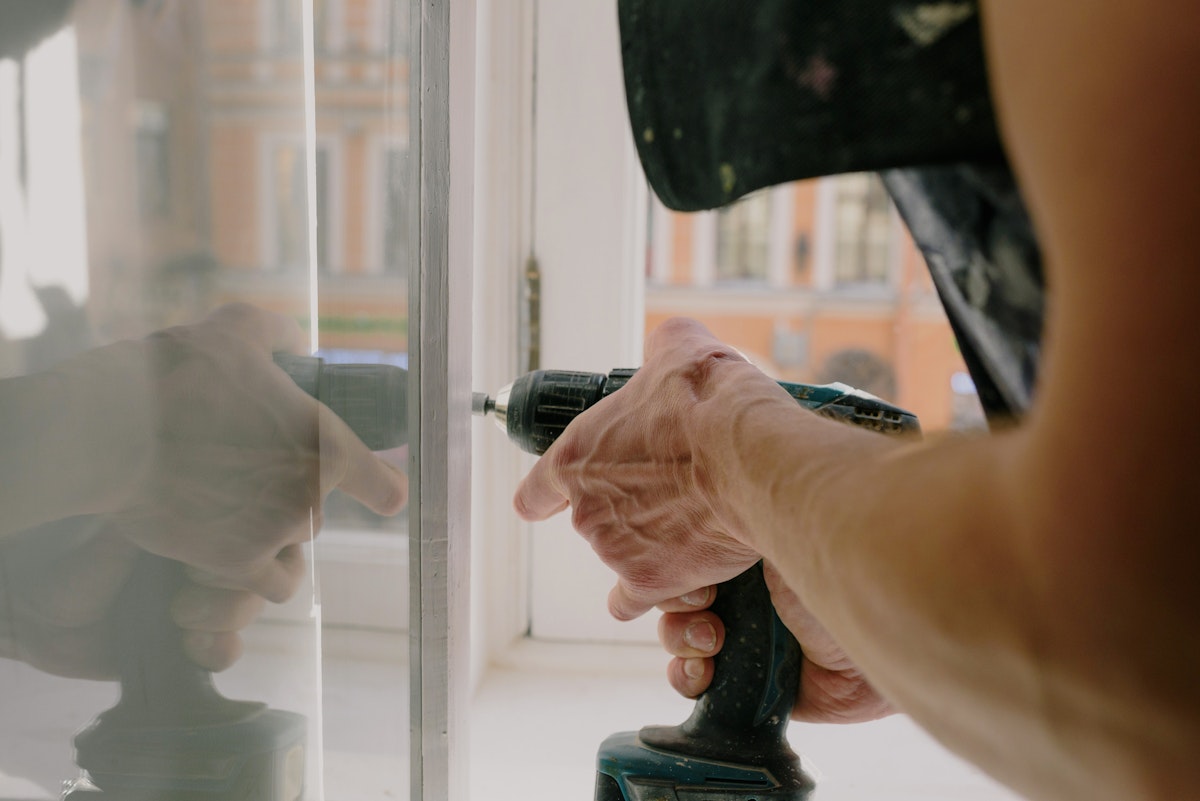Investing in rental properties can be a great way to grow your wealth over the long term.
But it’s not a passive investment – you need to maintain your properties and take care of your tenants. You can do that work yourself, or you can employ a property manager who can do the job for you. Let’s take a look at the pros and cons of each approach.
Why manage your own rental property?
Are you great with people, have excellent attention to detail and a willingness to keep up to date with regulations? You might make a superb DIY landlord.
The main advantage to self-managing your rental is the cost – you’ll save money by not paying a manager. You would typically spend around 8% of your rent on a good property management service, so if the rent is $600 a week, it will cost around $2,500 a year plus GST.
If you have great tenants, dealing with them yourself can help you build up a strong relationship. They will hopefully stay longer and take extra care with your property. As a hands-on landlord, you can also keep a close eye on your property’s condition. There are several excellent apps that can help you manage your tenancies.
However, there are some significant stresses that come with managing your property. You will get calls at 2am when a pipe has burst, so you’ll need to be prepared for that. And destructive tenants can do a heart-breaking amount of damage to your valuable asset, so you need to work hard to prevent this.
Why use a property manager?
A good property manager can quickly earn their commission. In addition to finding new tenants (usually an additional cost), the property manager will carry out inspections, chase any unpaid rent, and take problem tenancies to the Tribunal.
A property manager should also ensure they always comply with all the relevant regulations. This includes the Residential Tenancies Act and the Healthy Homes standards – if you’re managing your own property, you’ll need to know all the latest regulatory changes.
A property manager will take those 2am phone calls from the tenants. They’ll also arrange to meet tradies for repairs or maintenance, though this usually incurs additional costs.
Property managers are also valuable in dealing with difficult tenants, issuing notices, and generally knowing how to manage problems. This can be a major challenge for DIY landlords, because you must follow all the correct procedures or you could find yourself in front of the Tenancy Tribunal.
From the cost of a property manager to the tax implications of owning a rental, we can run the numbers so you can make well-informed property investment decisions.
Get in touch – we’re here to help.

